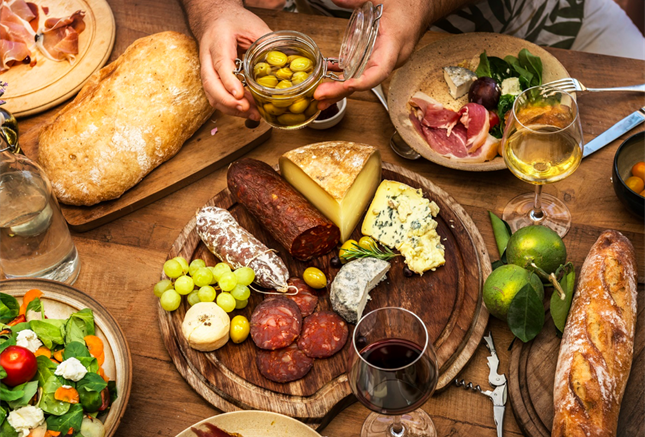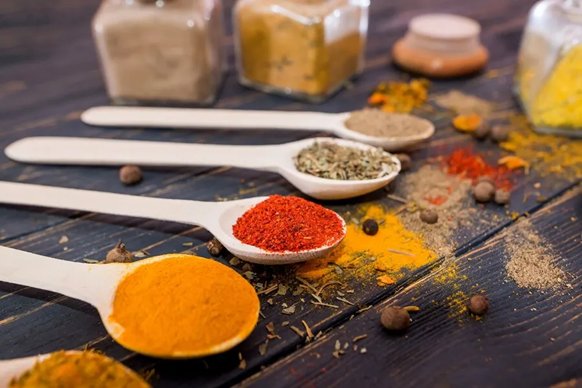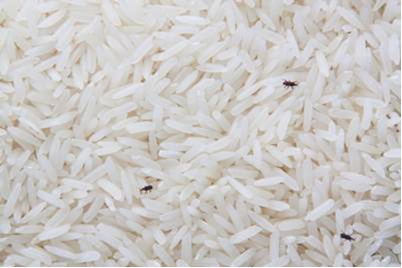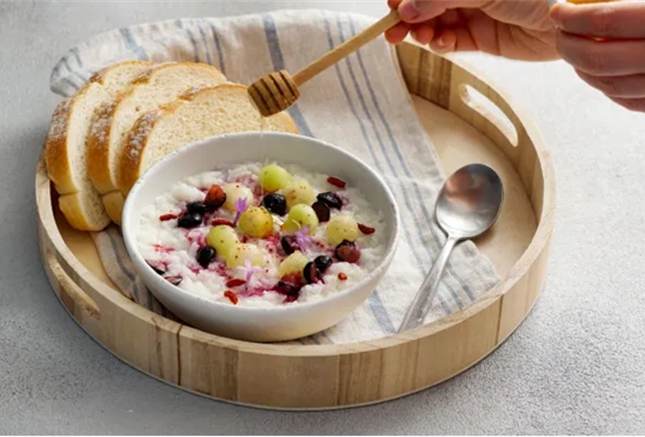Introduction
With Christmas just around the corner, many of us may be looking forward to feasting on some festive food – from cold cuts like Christmas ham to smoked salmon and soft cheese. However, such raw and ready-to-eat food could present a risk of food poisoning from bacteria such as Listeria, if they are not handled or stored properly.
This article provides information on what Listeria is, and how you can reduce the risk of contamination from it.
What is Listeria and how does it enter our food?
Listeria are rod-shaped bacteria that can be found in the environment, such as soil, water, effluents and the faeces of humans and animals. The bacteria can tolerate diverse environmental conditions (e.g. temperature, low pH, high salt). For instance,
Listeria can survive and grow in temperatures ranging between -1°C and 45°C, while temperatures above 50°C can kill it. This means that Listeria can survive and grow even when stored in our fridges.
Listeria is also able to survive with or without oxygen and therefore, can be found in vacuum-packed cooked sausages, cold cuts, salmon and smoked fish.
The bacteria can, however, be killed through cooking, frying, sterilising or pasteurising food.
Contamination of food by Listeria can occur at various stages of preparation and processing. For example, food of animal origin, such as raw meat and raw milk, can be contaminated during the slaughtering, cutting or milking process.
Fresh produce such as vegetables or fruits can also be contaminated with Listeria if there is poor hygiene when handling food items (e.g. poor personal hygiene and unclean machine parts and equipment).
Food that are at a higher risk of being contaminated by Listeria are:
Ready-to-eat deli meats and sausages;
Refrigerated meat spread (e.g. pâté)
Unpasteurised (raw) dairy products (e.g. raw goat’s milk, raw cheese);
Soft cheese including those ripened by mould (e.g. B. Romadur and Roquefort); and
Smoked fish (salmon)
What are the symptoms of food poisoning caused by Listeria?
Listeria infection in humans usually occur due to the consumption of contaminated raw vegetables, animal meat, processed food (e.g. soft cheese and deli meats) or unpasteurised milk or milk products.
Symptoms of infection may include fever, muscle aches, nausea and diarrhoea. Listeria can be fatal to pregnant women, infants and the immunocompromised. However, prompt antibiotic treatment is effective against listeria infection and can shorten the recovery period.
How can we protect ourselves against Listeria?
Through a joint responsibility approach to food safety, we can reduce the risk of contamination from Listeria.
SFA’s food inspection programme is guided by a science-based risk assessment and management approach that is consistent with international standards. This means that food that is more susceptible to food-borne diseases is subjected to more stringent checks. Food is tested for a wide range of food-borne hazards such as microorganisms (e.g. harmful bacteria like Listeria) and chemical contaminants (e.g. heavy metals).
The industry plays a part by ensuring that food sold is safe for consumption. The industry must adopt good food hygiene and safety practices, such as having food safety assurance programmes, practising proper cold chain management, sourcing food from licensed sources and ensuring that food hygiene and food safety regulations are adhered to at all times.
Consumers can follow these tips to protect themselves:
Warming up leftovers
Reheat food only once. Do not refreeze and reheat food again.
Ensure that food is heated evenly when reheating, and not just heated on the outside.
Reheat food to 60oC or more and ensure that it remains at the same temperature until consumption of food.
Handling food in the kitchen
Wash your hands and kitchen utensils/crockery thoroughly, especially when handling different food items.
Use different cutting board, crockery and utensils for raw food and ready to eat food.
Ensure that the juice from meat does not drip onto other food, especially when storing food in the fridge.
Cook meat thoroughly as poultry, minced meat and pork are particularly susceptible to bacteria that can cause us to fall ill.
Wash fruits and vegetables before consuming them or using them to decorate or garnish dishes. Lettuce is a raw food item that should be washed thoroughly and kept separate from raw meat.
Do not prepare food if you are ill as you can spread bacteria to others.
Keep hot food hot and cold food cold. Food that are not eaten immediately or leftover should be refrigerated quickly.
Cool hot pots before placing them in the fridge as warm food vessels could raise the temperature inside the refrigerator and make it easier for bacteria to multiply.
Fridges also tend to be full and overstocked during this festive season. Consumers should ensure that the air circulation in their fridges is not affected and the temperature is kept at 4°C or lower, to limit the potential growth of bacteria such as Listeria.




